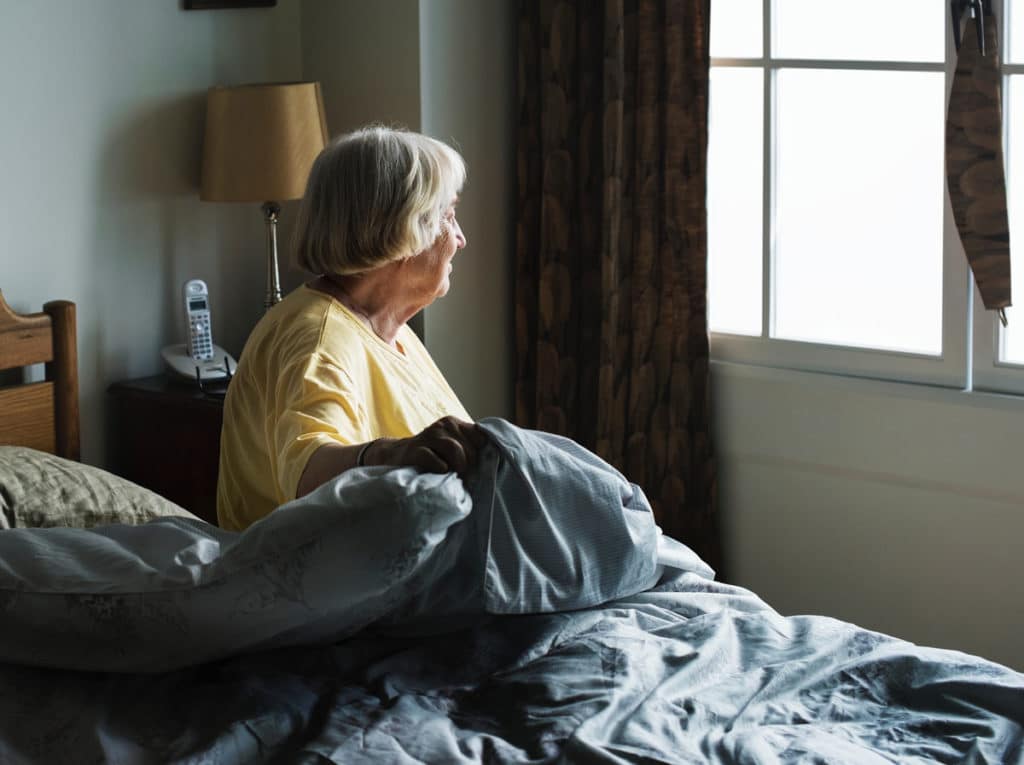The decision to put a loved one in a nursing home is never easy. It means acknowledging that your spouse or parent is no longer able to take care of themselves and that you can’t take care of them at home, either.
When you do make this decision, you want to be able to trust that the nursing home is doing right by your loved ones. Unfortunately, about 3.2 nursing home residents are abused every year and 7% of those abuse complaints occur in long-term facilities. Be aware of the signs of nursing home abuse and what to do if you suspect abuse so that you can protect your loved one’s best interest.
Signs and Symptoms
Your loved one might not be able to communicate directly with you about what’s going on, but there are some things you can look out for.
- Unexplained cuts, bruises, or injuries. Your loved one’s injuries could be a sign of abuse, especially if nursing home staff can’t explain where they came from. Elderly people do sometimes fall, so don’t jump to conclusions, but if your gut feeling is that something’s going on and staff can’t give you a reasonable explanation for the injuries, investigate further.
- Changes in mood. This is a difficult one to determine. Dementia and other conditions can lead to mood and personality changes, and some people may be depressed about being in a nursing home. But if the changes are ongoing and persistent or begin after your loved one has been in a nursing home for some time, that’s a red flag that something’s going on that shouldn’t be.
- Dramatic weight loss. Weight loss can come from underfeeding as well as from refusal to eat, so you’ll want to find out why your loved one is losing weight.
- Poor hygiene. Nursing home staff should be taking care of your loved one’s hygiene needs. If they’re not, there may be a problem.
What to Do
If your loved one is in immediate danger, don’t be afraid to remove them from the facility or even call 911 about what’s going on!
If there’s no immediate danger but you suspect abuse, take the following steps:
- Talk to your loved one. If your loved one is capable of communicating, ask them directly what’s going on. Document their answers and their non-verbal responses (e.g. stiffening or otherwise seeming afraid.) You should also take photographs of any injuries or environmental problems for your records.
- Talk to management. Tell them your specific concerns and ask how they will address those concerns. Document their responses.
- File a formal complaint. Every state has an agency that is supposed to oversee nursing homes. You can file a complaint with that agency if management doesn’t address your concerns or doesn’t make changes in response to your concerns.
- Contact an attorney. If all else fails, a lawsuit might help resolve the problems. Contact a lawyer familiar with nursing home law.
The best way to prevent nursing home abuse is to visit regularly and make yourself known to staff and administrators. This is also beneficial to your loved one, who may be lonely in the facility.
Sometimes, though, the only thing you can do is call a lawyer. If you find yourself in that situation, we’re here to help! Contact Friedman, Domiano, and Smith today for a consultation.
